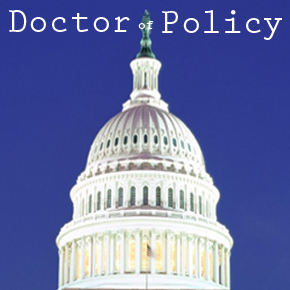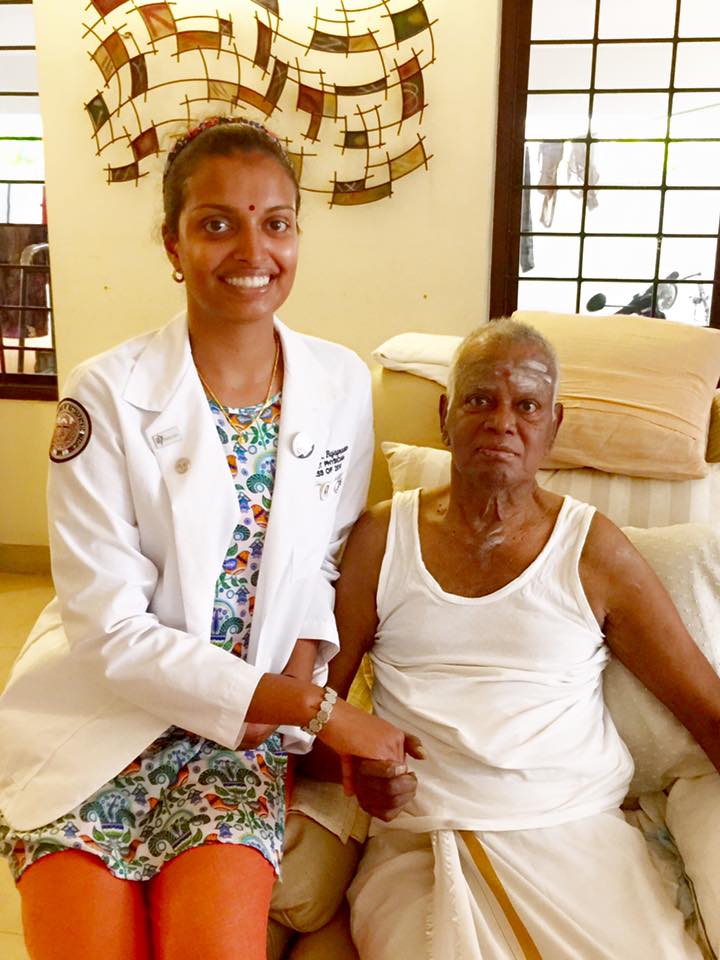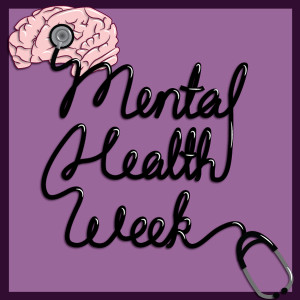Doctors of Policy: Discussion on the ACA, AHCA and BCRA
Our Health Policy student-leaders Aishwarya Rajagopalan and Adam Barsouk dissect the major policy changes of the ACA and the AHCA, offering their perspectives on the state of American health care.



